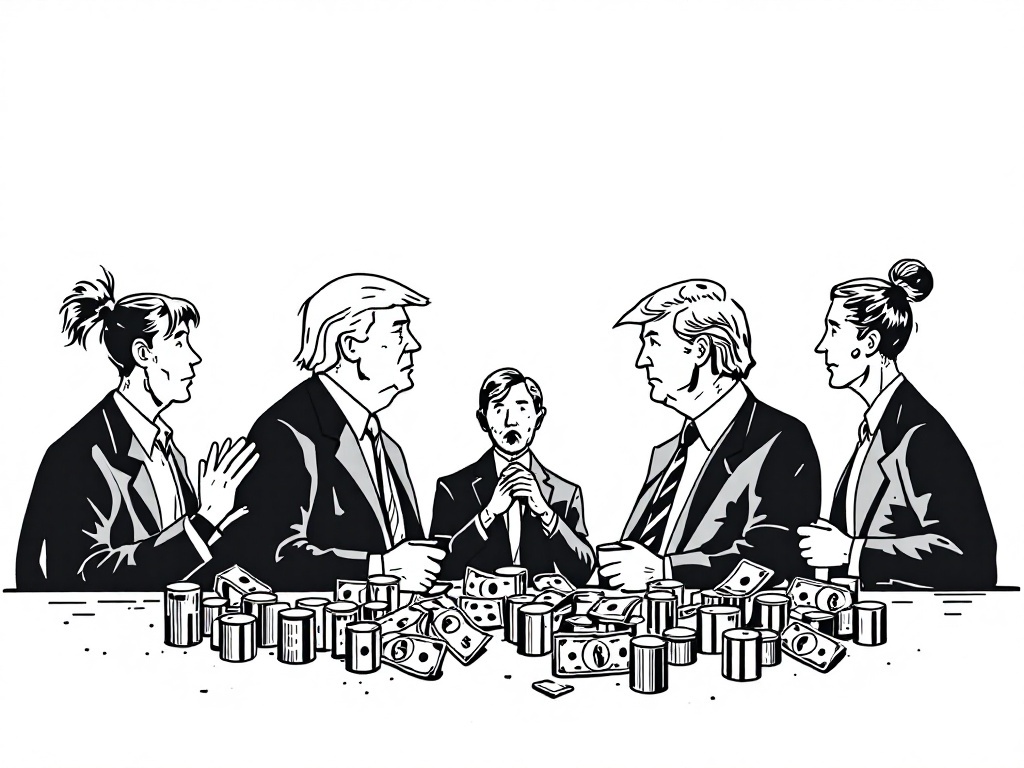Inflation Concerns Loom Over 2026 Midterm Elections for GOP

Washington, D.C., Thursday, 4 September 2025.
Republicans worry that inflation, particularly rising drug costs and tariffs, could impact their performance in the 2026 midterms, urging President Trump to address these economic issues.
Rising Inflation and GOP Concerns
As the 2026 midterm elections approach, Republican operatives and lawmakers are increasingly anxious about the impact of inflation on their political fortunes. The GOP is concerned that rising costs of drugs and consumer goods, alongside the administration’s management of tariffs, could significantly influence voter sentiment and affect their ability to maintain control of Congress [1][2].
Economic Indicators and Public Perception
Although the inflation rate has dropped from 3% when President Trump took office to 2.7%, it remains above the Federal Reserve’s target rate of 2% [1]. This persistent inflation, coupled with public discontent over the rising costs of living, has placed additional pressure on the Republican Party. A recent University of Michigan survey revealed a significant increase in consumer expectations for future inflation, exacerbating these concerns [1].
Impact of Tariffs and Economic Management
Economists highlight that President Trump’s tariffs are contributing to the rising prices of consumer goods, with items such as vegetables experiencing a 40% price increase in July [1]. This economic strain is further compounded by anticipated actions from the Federal Reserve, which is expected to cut interest rates in response to a weakening labor market [1]. North Carolina Senator Thom Tillis emphasized the urgency for Republicans to demonstrate progress on inflation before the economic trends become entrenched as the midterms approach [1][2].
Potential Political Ramifications
With the GOP’s approval ratings on economic issues under scrutiny, party insiders are urging President Trump to adopt more aggressive measures to combat inflation. This call to action is crucial, as polling indicates that costs remain the most pressing issue for voters, including Trump supporters [1][2]. Failure to address these economic challenges could create substantial headwinds for Republicans, especially in key battleground states where electricity prices have reached record highs [1][2].